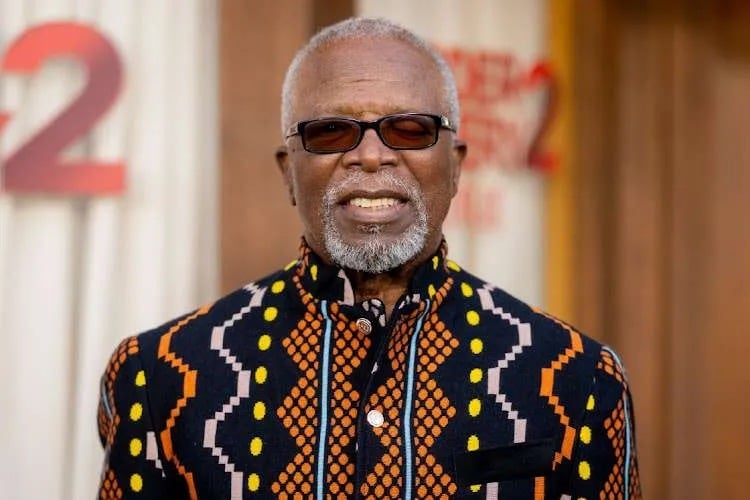In a thought-provoking interview with Doreen Avio, South African actor John Kani shed light on the critical challenges faced by local filmmakers in producing authentic African narratives. He expressed his concern that foreign filmmakers often tell African stories more effectively than their local counterparts, primarily due to insufficient funding in the African film industry. Kani articulated the potential of African stories to resonate deeply, but noted that the lack of adequate budgets prevents filmmakers from exploring the continent’s diverse cultures and rich histories to their fullest extent. He raised a pertinent question regarding the disparity in storytelling: “Why can’t we do a better Wakanda, or a better Black Panther?” This query underscores the importance of financial resources in enhancing the quality and depth of African cinematic productions.
Kani’s commentary highlighted the limitations imposed by modest budgets on local filmmakers, which restricts their ability to create narratives that reflect the multifaceted nature of African cultures. This funding gap not only challenges the production quality but also affects how authentic and relatable these stories can be for both African and international audiences. By referencing successful foreign productions, Kani accentuated the need for African creators to have larger financial backing that would enable them to become competitive on a global scale. Through his insights, he illustrated that the age-old argument of an underrepresented continent in media can be traced back to the systemic issues within the local film industry, chiefly the lack of investment.
To combat the challenges facing the African film sector, Kani called upon wealthy Africans to actively invest in the continent’s television and film industries. He emphasized the potential benefits of increased funding, not merely for economic growth, but for the elevation of African storytelling on the global stage. Kani’s rallying cry for affluent Africans centers on the vision of creating a robust cultural landscape where African stories can flourish without the constraints of limited budgets. He stated, “We need the rich Africans to support the art; television and film industry so we can compete with other countries.” This appeal reflects a desire for self-sufficiency, aiming for African filmmakers to tell their own stories in their own ways.
In addition to financial investment, Kani underscored the necessity of developing educational opportunities for aspiring filmmakers across the continent. He proposed the establishment of learning spaces to nurture young talents, particularly in countries like Ghana and Nigeria, which host burgeoning film industries. By creating programs that focus on script development, production techniques, and storytelling methods, Kani believes young filmmakers can refine their skills and produce work that resonates both locally and globally. His vision for education as a cornerstone of growth in the African film industry underscores the importance of fostering a new generation of storytellers who can honor the continent’s rich narratives.
Kani’s own career, marked by acclaimed roles such as T’Chaka in “Black Panther” and Rafiki in “The Lion King,” serves as a testament to the power of authentically told African stories. He has become an influential figure in advocating for better representation of African narratives in cinema. By emphasizing the criticality of the stories that arise from the continent, Kani has positioned himself as a champion of artistic integrity and cultural expression. He firmly believes that these stories are essential not only for Africa’s cultural identity but for the global understanding of the continent, claiming, “You can’t go to the main, because we are the main and the beginning of humanity.”
Ultimately, Kani’s reflections paint a hopeful yet urgent picture of the African film industry, one that recognizes both the challenges and the immense potential that lies within. By calling for greater investment and educational initiatives, he champions the idea that Africa’s stories must be told authentically and with the depth they deserve. His viewpoint encourages a collective responsibility among Africans to uplift their cultural narratives in the global film landscape, advocating for a future where African filmmakers can compete with the world’s best on more equitable terms. Kani’s fervent plea for investment in storytelling represents not only a call to action but a profound belief in the transformative power of cinema to shape perceptions, cultures, and histories.














